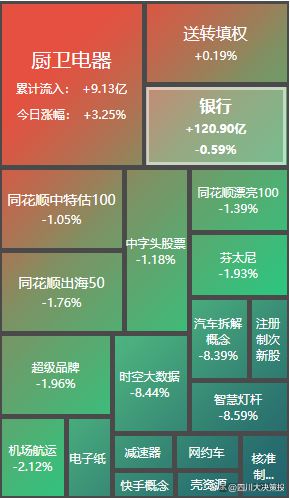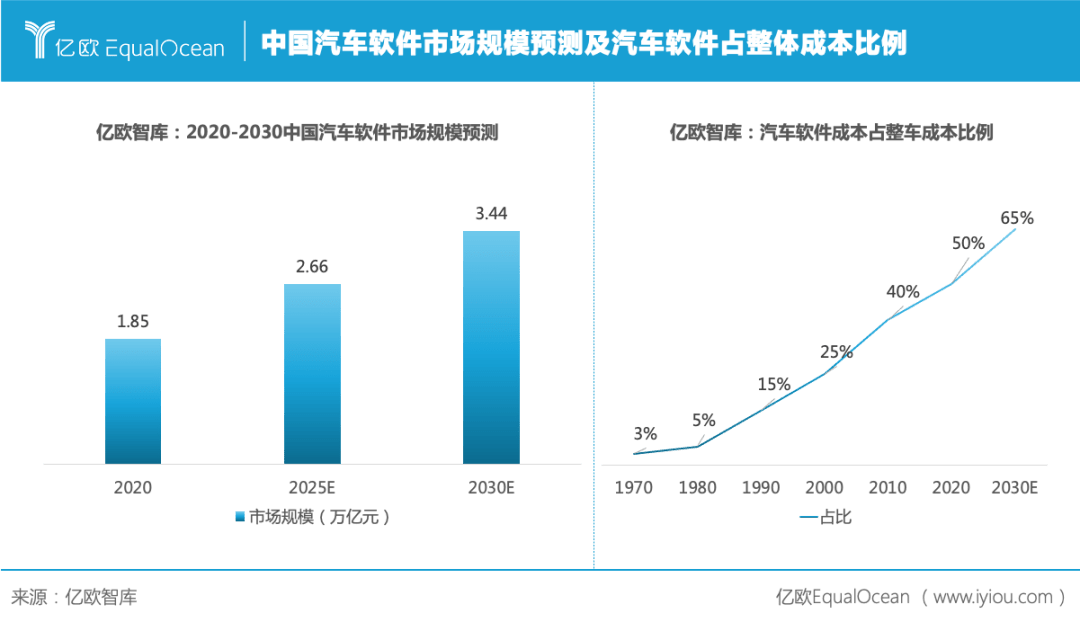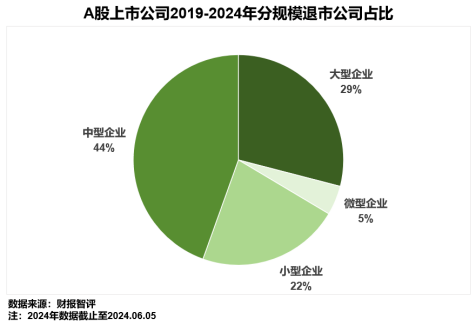Introduction
Welcome to the new era of data transparency in Macau. As we step into the year 2024, the city has made a commitment to embracing open data practices that foster innovation, research, and public engagement. This article delves into the phenomenon of free, long-term public access to data in Macau, which is not only a regional milestone but also an essential step towards global digital harmony.
The Significance of Open Data
Data is the lifeblood of the modern economy and society. By providing free, long-term access to valuable datasets, Macau positions itself at the forefront of technological advancement and social progress. The benefits of open data include:
Innovation and Research: Researchers can dive deeper into complex issues with access to comprehensive datasets, leading to breakthroughs in various fields such as healthcare, education, and environmental science.
Transparency and Citizen Engagement: When data is freely available, citizens can hold their government accountable, fostering a more transparent governance system.
Economic Growth: Open data can spur entrepreneurship, as startups and established businesses alike can use this wealth of information to create new products and services.
Defining the Criteria for Open Data
For data to be considered 'open,' it must meet the following criteria:
Availability and Accessibility: The data must be available online, in a format that is easy to retrieve and use.
Reusability: There should be no restrictions on how or by whom the data can be used, including commercial purposes, subject to licensing agreements if any.
Completeness and Consistency: The dataset should be as complete as possible without恙lying privacy guidelines, and the data quality maintained over time.
Programmatic Implementation of Open Data政策法规
Adopting programmatic measures to implement open data is key to ensuring its success and sustainability. These steps include:
Promotion of Open Standards: Encouraging the adherence to open standards in data formatting and publication will make integration and utilization easier for end-users.
Supporting Technologies: Developing applications, tools, and platforms that facilitate the sharing and storing of open data.
Skill Development: Investing in education and upskilling programs so that professionals are equipped to deal with large datasets and work efficiently with them.
Challenges Faced and Overcoming Them
The path to open data is not without challenges. Key hurdles include maintaining data security, upgrading outdated IT systems, and ensuring compliance with privacy laws. To overcome these challenges, Macau's strategy revolves around:
Upgrading Infrastructure: Investing in robust infrastructure capable of managing the volumes of data in circulation while maintaining high security standards.
Enacting Laws and Guidelines: Creating a legal framework to guide the dissemination of personal data responsibly and transparently.
Community Engagement: Fostering partnerships between private entities, governmental agencies, and civil society to drive collective action towards safeguarding data integrity.
The Future of Open Data in Macau
Looking ahead, Macau aims to become a global leader in utilizing open data for sustainable development. By focusing efforts on:
Enhancing Creativity: Leveraging data in ways that lead to innovative solutions tailored to urban needs.
Data Literacy: Promoting a broad understanding of the importance of data literacy among all stakeholders in society.
Global Collaboration: Engaging with international partners to exchange best practices and forge joint initiatives promoting open data principles.
Conclusion
The free, long-term availability of data in Macau epitomizes the city's commitment to innovation, transparency, and progress. As industry players strive to incorporate open data into their operations and daily lives, Macau stands poised to achieve new milestones and change the way the world interacts with data moving forward.











 京公网安备11000000000001号
京公网安备11000000000001号 京ICP备11000001号
京ICP备11000001号